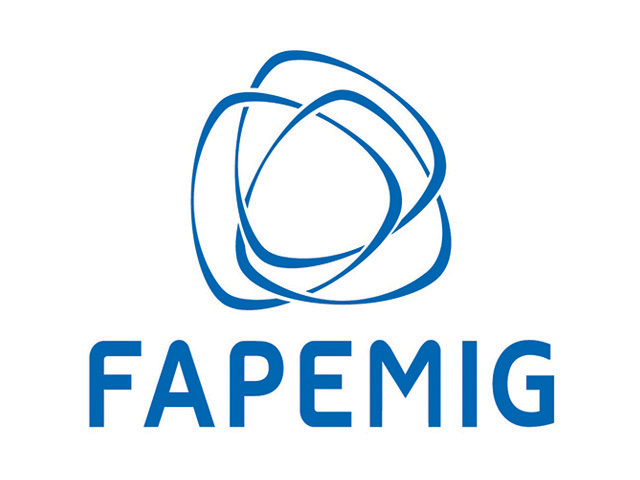SOLLICITUDO REI SOCIALIS: POSIÇÃO E SIGNIFICAÇÃO DE UMA ENCÍCLICA
Resumo
Neste comentário da "Soilicitudo Rei Socialis", a última Encíclica de João Paulo II, o A. sublinha a sua importância, não tanto pela sua novidade, quanto por colocar em um novo contexto socioeconômico e sócio-político e por analisar em uma perspectiva mais teológica os principais temas da "Populorum Progressio", cujo 209 Aniversário comemora. Entre os ensinamentos sociais católicos tradicionais que a Encíclica reafirma e que o A. considera importantes e oportunos para os países do Terceiro Mundo, dadas as atuais tendências, estão: o direito e o dever da Igreja de intervir em assuntos socioeconômicos e sócio-políticos, devido à sua dimensão moral; o fato de que a doutrina social da Igreja não oferece soluções técnicas, nem constitui uma "terceira via" entre o capitalismo liberal e o coletivismo marxista; a função social inerente ao direito de propriedade privada; a necessidade de perceber o subdesenvolvimento e o superdesenvolvimento como manifestações de uma crise cultural e de valores mais profunda; a necessidade de solidariedade internacional com os pobres e entre os pobres; a complementaridade dos conceitos de libertação e desenvolvimento, corretamente interpretados; a distinção, mas não separação, entre desenvolvimento ou progresso humano e história da salvação.
SUMMARY: In this commentary of "Soilicitudo Rei Socialis", the latest Encyclical of John Paul II, the A. underlines its importance, not so much because of its novelty, but because it places in a new socio-economic and socio-political context and analyses from a more theological angie, the main themes of 'Populorum Progressio", whose 20th Anniversary it commemorates. Among the traditional Catholic social teachings which the Encyclical reaffirms and the A. considers important and timely for Third World countries, given present trends, are: the right and the duty on the Church to intervene in socio-economic and sociopolitical matters, because of their moral dimension; the fact that the Church's social teaching does not offer technical solutions, nor does it pretend to be a "third way" between liberal capitalism and Marxist collectivism; the social function inherent to the right of private property; the need to see underdevelopment and overdevelopment as manifestations of a deeper cultural and value crisis; the need for International solidarity with the poor and among the poor; the complementarity of the concepts of liberation and development, when correctly understood; the distinction, but not separation between development of human progress and salvation history.Â


















